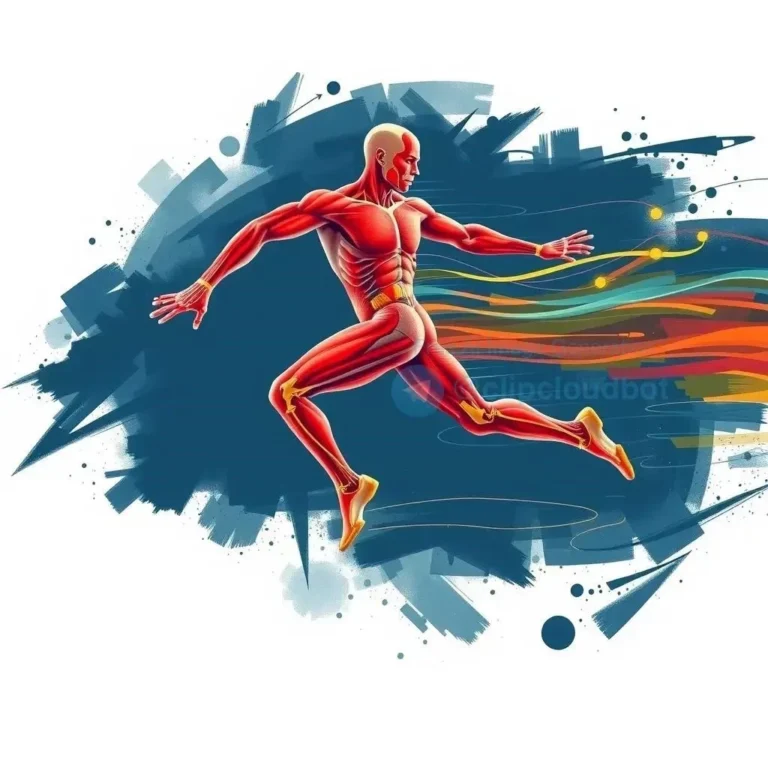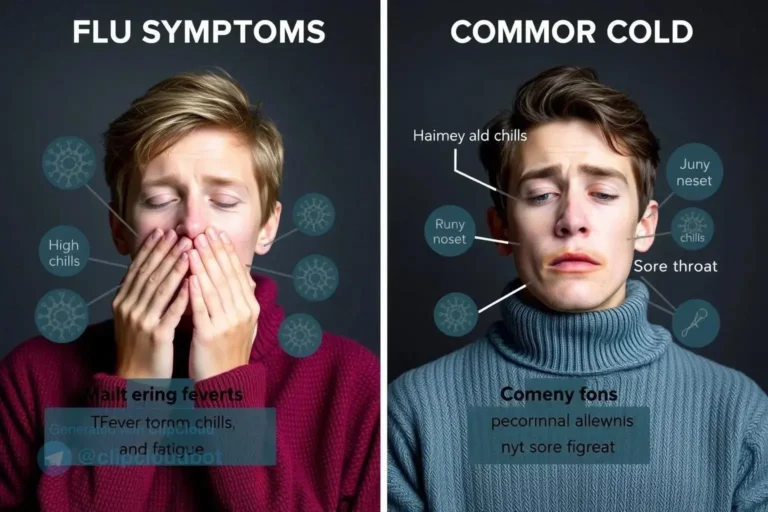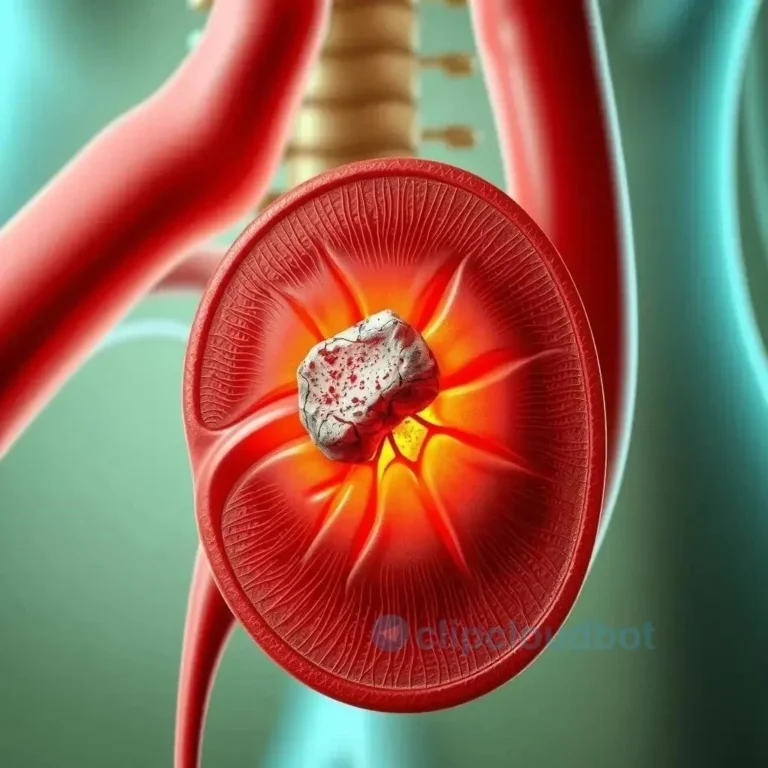Common Culprits Behind Bloating
Several factors can trigger that uncomfortable, full feeling․ Swallowing air while eating or drinking is a common one․ Certain foods are notorious bloat-inducers, including beans, lentils, and cruciferous vegetables like broccoli and cabbage․ High-sodium diets cause water retention, contributing to bloating․ Finally, certain medical conditions can also lead to bloating․
Simple Steps for Immediate Bloating Relief
Experiencing the discomfort of bloating? Several strategies can offer swift relief․ Gentle movement can help stimulate digestion and alleviate gas buildup․ Try a leisurely walk or some light stretches to get things moving․ Peppermint, either in tea form or as an enteric-coated capsule, can help relax the digestive muscles and ease discomfort․ Similarly, ginger, known for its anti-inflammatory properties, can soothe the gut and reduce bloating․ A warm bath or applying a heating pad to your abdomen can also provide comfort by relaxing abdominal muscles․
Over-the-counter medications specifically designed for gas relief can also be helpful․ Look for products containing simethicone, which helps break down gas bubbles in the digestive tract․ Alternatively, activated charcoal, known for its absorbent properties, may help reduce excess gas․ Be sure to follow the instructions on the product label․ While these remedies can offer immediate relief, remember that they address the symptoms, not the underlying cause․ If bloating is a frequent or persistent issue, it’s crucial to identify and address the root of the problem․
Staying hydrated is vital for overall health and can also help with bloating․ Water helps flush out excess sodium and keeps things moving smoothly in your digestive system․ Avoid carbonated drinks, as they can introduce more gas into your system, exacerbating bloating․ Also, be mindful of how you eat and drink․ Eating too quickly can lead to swallowing air, which contributes to bloating․ Take your time, chew your food thoroughly, and avoid talking while eating․ Similarly, using a straw can also lead to swallowing air, so try to drink directly from a glass․
Finally, consider incorporating gentle abdominal massage into your routine․ Using circular motions, massage your abdomen in a clockwise direction․ This can help stimulate digestion and relieve trapped gas․ While these simple steps can provide immediate relief, remember that persistent or severe bloating may indicate an underlying health issue․ If your bloating is accompanied by other symptoms such as abdominal pain, changes in bowel habits, or unexplained weight loss, it’s essential to consult a healthcare professional for a proper diagnosis and treatment plan․
Dietary Changes to Minimize Bloating
Modifying your diet can significantly impact bloating frequency and severity․ A key step is identifying trigger foods․ Common culprits include beans, lentils, cruciferous vegetables (broccoli, cauliflower, cabbage), and dairy products for those with lactose intolerance․ Keeping a food diary can help pinpoint specific foods that cause you discomfort․ Gradually eliminating suspect foods and observing the effects can reveal your personal triggers․ Once identified, reducing or eliminating these foods can make a noticeable difference․
Increasing your fiber intake can improve overall digestive health, but it’s essential to do so gradually․ A sudden increase in fiber can initially worsen bloating and gas․ Start by slowly adding fiber-rich foods like fruits, vegetables, and whole grains to your diet․ This allows your gut to adjust and minimizes potential discomfort․ Adequate hydration is crucial when increasing fiber intake․ Water helps fiber move smoothly through the digestive system, preventing constipation and bloating․ Aim for at least eight glasses of water per day․
Probiotics, found in yogurt, kefir, and fermented foods, introduce beneficial bacteria into your gut; These bacteria aid digestion and can reduce bloating․ Consider adding probiotic-rich foods to your diet or taking a probiotic supplement․ Prebiotics, a type of fiber that feeds beneficial gut bacteria, can also support digestive health․ Prebiotics are found in foods like onions, garlic, bananas, and asparagus․ Incorporating prebiotic-rich foods into your diet can further enhance the effectiveness of probiotics․
Reducing your intake of processed foods, sugary drinks, and artificial sweeteners can also minimize bloating․ These foods can disrupt the balance of gut bacteria and contribute to digestive issues․ Choose whole, unprocessed foods whenever possible․ Finally, managing stress levels is important, as stress can affect digestion and exacerbate bloating․ Practice stress-reducing techniques like yoga, meditation, or deep breathing exercises to support overall digestive health․ By making these dietary changes, you can create a more balanced gut environment and significantly reduce bloating occurrences․
When Bloating Signals a Serious Problem
While bloating is often a minor inconvenience, it can sometimes indicate a more serious underlying health issue․ It’s crucial to recognize when bloating warrants medical attention․ Persistent bloating that doesn’t respond to lifestyle changes or over-the-counter remedies should be evaluated by a healthcare professional․ If your bloating is accompanied by other symptoms, it’s even more important to seek medical advice․ These accompanying symptoms might include significant abdominal pain, unexplained weight loss, changes in bowel habits (constipation, diarrhea), vomiting, or blood in your stool․
Several medical conditions can manifest with bloating as a symptom․ These include irritable bowel syndrome (IBS), inflammatory bowel disease (Crohn’s disease or ulcerative colitis), celiac disease, and small intestinal bacterial overgrowth (SIBO)․ In some cases, bloating can also be a sign of more serious conditions like ovarian cancer, especially if accompanied by pelvic pain and persistent abdominal distension․ A healthcare professional can perform a thorough evaluation, including a physical exam, medical history review, and possibly diagnostic tests, to determine the underlying cause of your bloating․
Diagnostic tests may include blood work, stool tests, imaging studies (such as ultrasound, CT scan, or MRI), or endoscopic procedures like a colonoscopy or upper endoscopy․ These tests help visualize the digestive tract and identify any abnormalities․ Early diagnosis and treatment of underlying medical conditions are crucial for managing symptoms and preventing complications․ Don’t hesitate to consult a healthcare professional if you’re concerned about your bloating․
Ignoring persistent or severe bloating can lead to delayed diagnosis and potential complications․ It’s always better to err on the side of caution and seek medical advice when needed․ Your doctor can help determine the cause of your bloating and recommend appropriate treatment strategies․ Treatment will depend on the underlying cause and may involve dietary modifications, medications, or other therapies․ Remember, while occasional bloating is normal, persistent or severe bloating, especially when accompanied by other symptoms, warrants medical attention․ Don’t dismiss your symptoms; seeking professional help can ensure timely diagnosis and appropriate management of any underlying health concerns․






